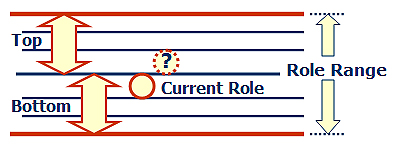“You may have hired the wrong person,” I said, “but you haven’t figured out exactly what’s wrong. You have a decision to make, with three alternatives.
- Live with the situation, and continue to complain about it.
- Terminate or reassign the person to a different role.
- Redefine the role within the capability of the person you hired.
“You know, I can’t live with it,” Stella replied. “I, personally, have to fill the gap for any underperformance. And I have my own responsibilities. Every minute I steal away to cover for my supervisor is a minute away from my own tasks. I don’t see any way around it. This job really requires someone with a nine month Time Span. Our new supervisor has only demonstrated capability at around two months. I cannot take her under my wing and hold her hand.”
“What are you going to do?”
